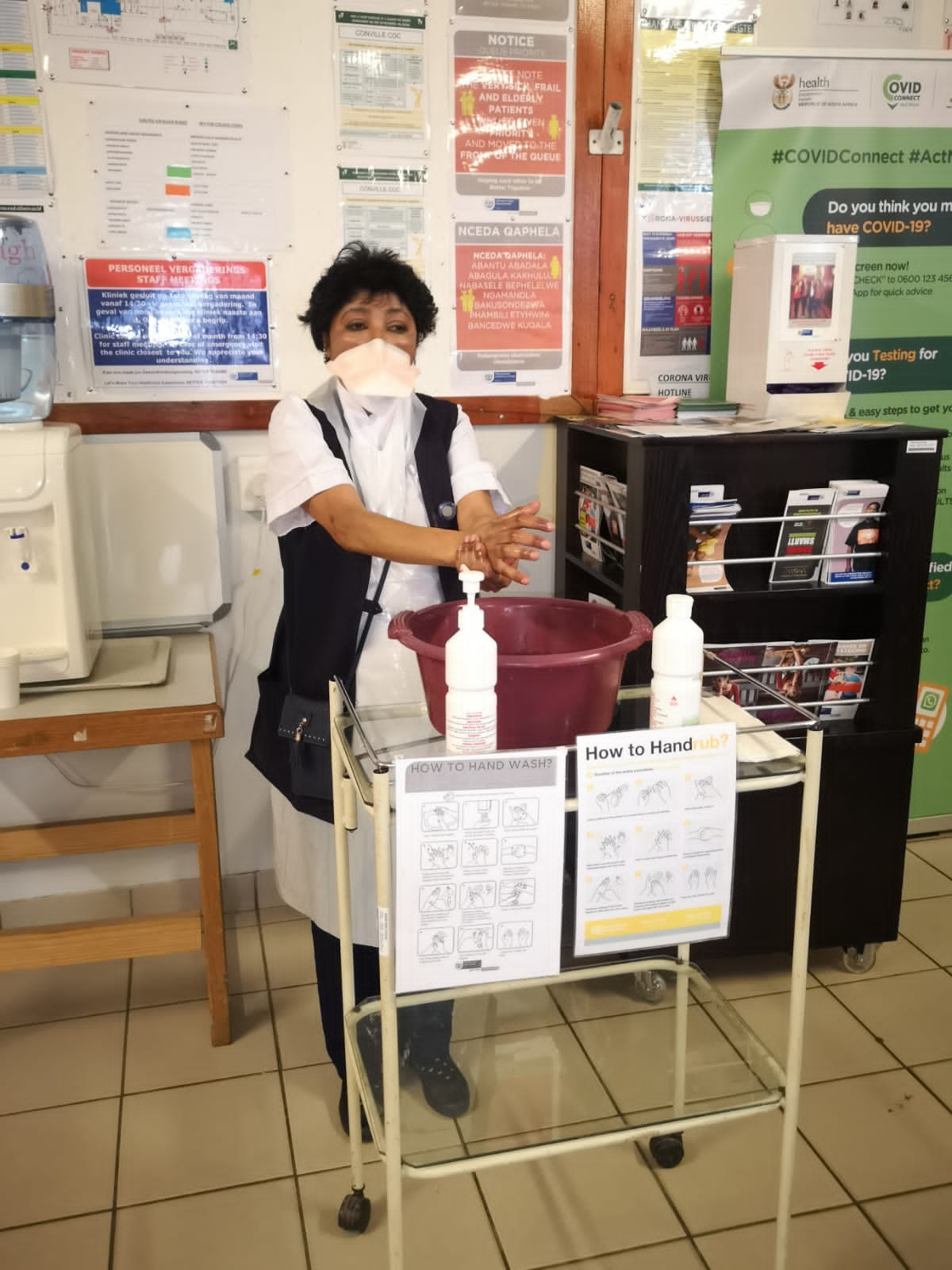
News
Seconds save lives - clean your hands
Our hands do incredible work but can also be the cause of illness if not kept clean. Regular hand washing, i.e hand hygiene plays an important role in maintaining our health and those around us. Let’s make sure they are clean!
World Hand Hygiene Day is commemorated annually on 5 May. The slogan this year is: seconds save lives – clean your hands.
“COVID-19 has shown us the importance of hand hygiene, it is one of the non-pharmaceutical interventions of preventing the spread of the virus.
Washing hands can keep you healthy and prevent the spread of respiratory and diarrheal infections from one person to the next.
Germs can spread from other people or surfaces when you:
- Touch your eyes, nose, and mouth with unwashed hands
- Prepare or eat food and drinks with unwashed hands
- Touch a contaminated surface or objects
- Blow your nose, cough, or sneeze into your hands and then touch other people’s hands or common objects.
Washing hands with soap and water is the best way to get rid of germs in most situations. If soap and water are not readily available, you can use an alcohol-based hand sanitiser that contains at least 60% alcohol. You can tell if the sanitiser contains at least 60% alcohol by looking at the product label. Wash your hands and stop the spread” said Minister of Health, Nomafrench Mbombo.
According to the World Health Organisation scientific evidence overwhelmingly demonstrates that appropriate hand hygiene is the single most effective action to stop the spread of infection, while integrated with other critical measures.
- Appropriate hand hygiene prevents up to 50% of avoidable infections acquired during health care delivery, including those affecting the health work force.
- The WHO multimodal hand hygiene improvement strategy has proved to be highly effective, leading to a significant improvement in key hand hygiene indicators, a reduction in health care-associated infections (HAIs) and antimicrobial resistance, and substantially helping to stop outbreaks.
- Appropriate hand hygiene reduces the risk on SARS-CoV-2 - the virus that causes COVID-19 - infection among health workers.
Effective hand hygiene is not only a key measure for preventing the spread of SARS-CoV-2 and for safe COVID-19 vaccination, but it also reduces the burden of health care-associated infections and the spread of antimicrobial resistance.
Washing hands with normal soap and running water works best. If access to a shared tap is available, the following method can be used:
- Make a hole in the lid of an empty plastic bottle
- Carefully fill the bottle with water
- Screw on the cap with a hole in it
- Wet hands with a little bit of water
- Apply soap and rub all over your hands to create a foam/lather
- Use the remaining water to rinse through the hole in the lid of the bottle.
For more information visit: https://westerncape.gov.za
Nadia Ferreira
Principal Communications Officer
Garden Route and Central Karoo Districts
Western Cape Government Health
Town Clinic,Plettenberg Bay
Tel: 076 379 5423
Email: Nadia.Ferreira@westerncape.gov.za
Website: www.westerncape.gov.za


